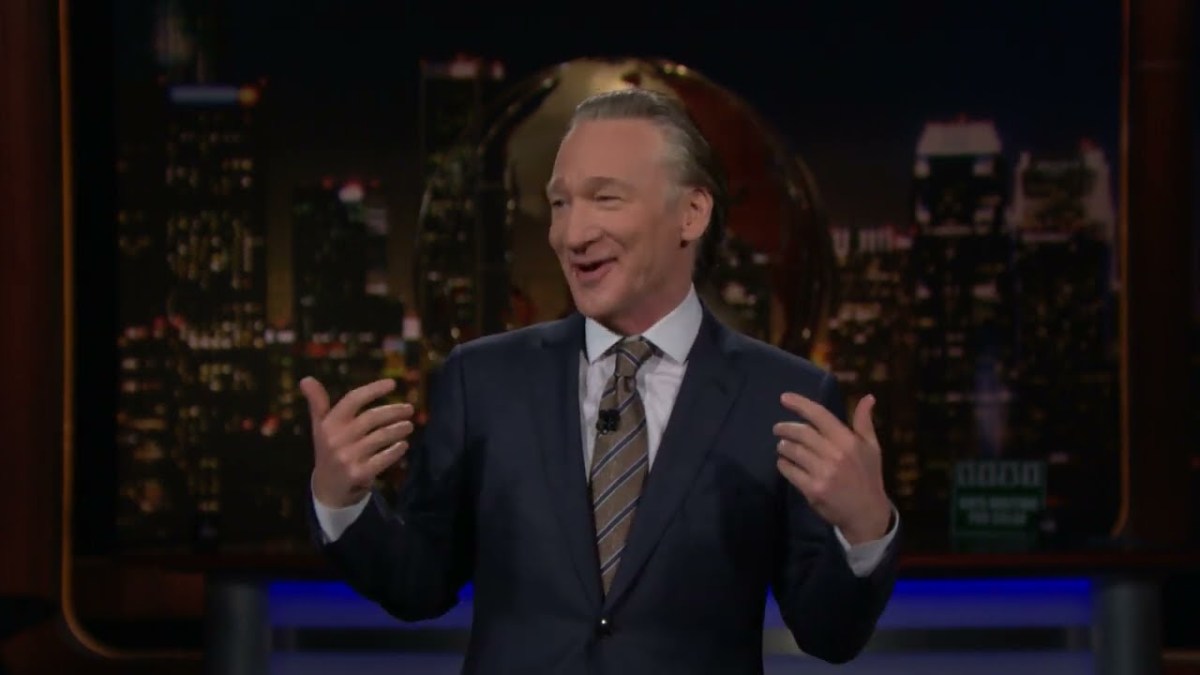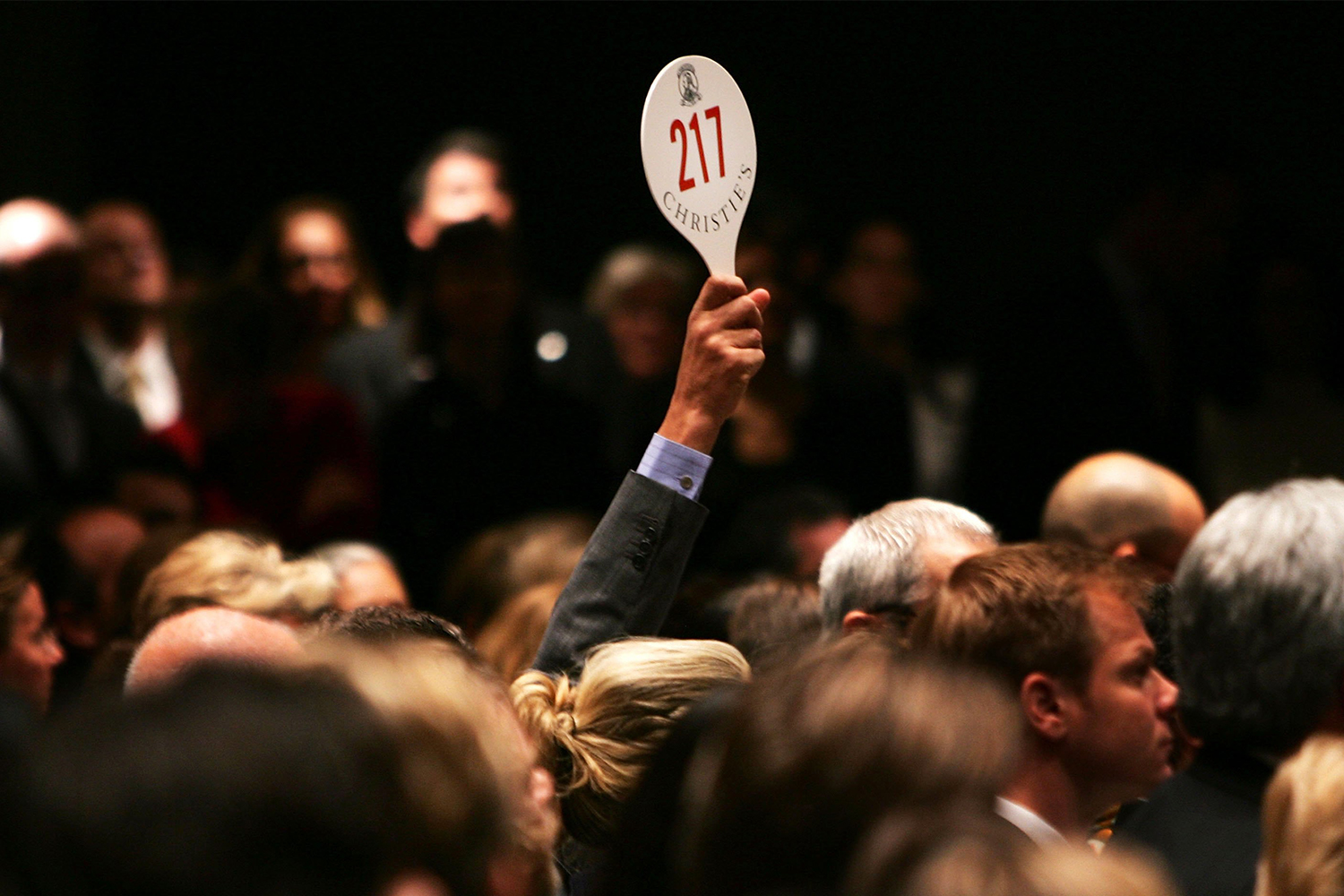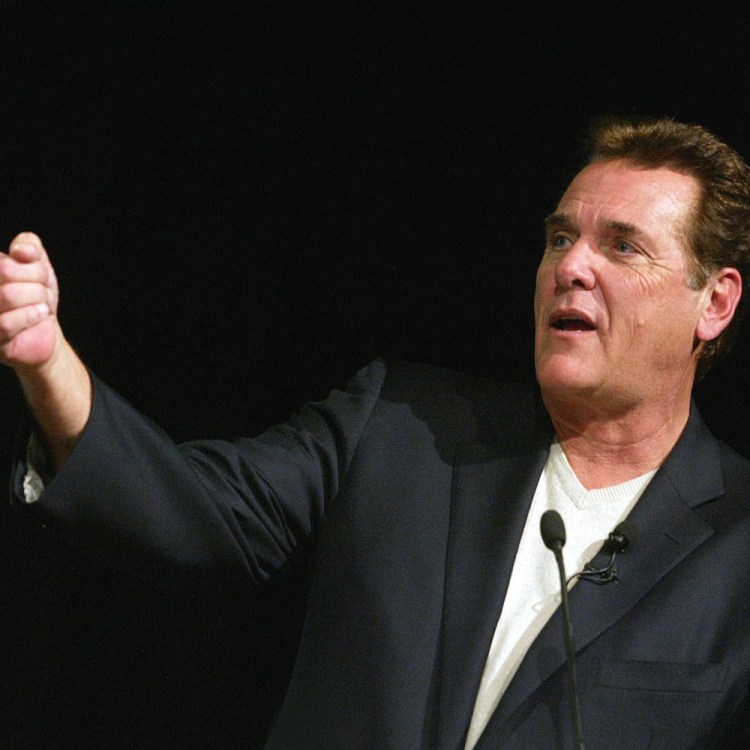Some weeks are an embarrassment of riches for comedians; based on the opening monologue for this week’s Real Time With Bill Maher, this was such a week. Maher touched on everything from the ship stuck in the Suez Canal (“It’s like the 405, times a million”) to spring breakers disregarding COVID protocols (“If I’d been locked up with my parents for a year, I’d want to snort Xanax and twerk on a squad car, too”). It was a promising start to an episode with a wide-ranging array of guests.
Maher also briefly addressed the Biden administration’s recently-announced infrastructure plan — which, given Maher’s frustration in previous episodes with the nation’s relative lack of ambition when it comes to infrastructure, he seemed generally optimistic about. That said, as he spoke, keen-eyed viewers could see something in the set behind him: Maher’s running tally of the days he’s been waiting to get a solar system for his home approved.
The episode’s first guest? Christopher Krebs, former director of the Cybersecurity & Infrastructure Security Agency. (Krebs, you may remember, was the official who declared the 2020 election “the most secure in American history” — and was subsequently fired by then-President Trump.) Krebs revisited the last year, and stressed the importance of “putting country over party” — which drew sustained applause from the studio audience.
Maher brought up a new topic: the “largest cyberattack ever,” which he understood to have taken place in the last year. Krebs’s response was ominous: “Which one?” Maher clarified that he meant the Sunburst hack, and the discussion continued. Krebs argued that the latest hacks showed a bit more “restraint” compared with a number of hacks in 2017, and stated that hacks from rival countries are “the new normal.”
Krebs raised a point of concern about the nation’s dependence on the internet, with nearly all aspects of life now having some online presence. Maher then asked him about cryptocurrency, and specifically Bitcoin. Krebs’s response? That the existence of cryptocurrency had given hackers a convenient, easy way to receive anonymous payments — which was causing an increase in ransomware, among other things. “That is the cyber-threat that the average American is most concerned about, because they feel it at home,” Krebs said.
The episode’s panel doubled down on the media, with The Atlantic’s Caitlin Flanagan and The New York Times’ Bret Stephens. But first, the solar countdown came up, and Maher had some news: after 1,131 days, Maher’s home solar system is now online. Was there confetti? There was.
The panel covered a host of issues early on, including the recent mass shooting in Boulder, the current state of Fox News and Joe Biden’s first press conference since taking office as president. When it came to questions of gun control, it was Stephens who made the most dramatic statements, including calling for the repeal of the Second Amendment.
In the second half of the panel, discussion turned to Flanagan’s recent article in The Atlantic about private schools. Flanagan stated her belief that the most prominent private schools in the country had become “a malign force” in the nation’s life. Maher mentioned his own public school education; Stephens, who’d attended a private high school, made a lukewarm defense of the institution.
From there, the discussion fluctuated, including a discussion of broader trends in education, Stephens and Flanagan getting in digs at Marxism and a broader discussion of questions of privilege. Maher argued that “advantage” might be a more apt word choice, and noted that race plays a significant role in American life — though it wasn’t the only factor in giving people advantages. This was another instance where a potentially interesting subject didn’t necessarily get its full due — an all-white panel conversing about the role race plays in privilege in American society is going to have a hard time covering the full spectrum of that issue.
“Someone needs to tell me why all the signs of the Zodiac look like IUDs.” So said Maher early on in New Rules, which also found him riffing on pigeons, parties on top of cars and the Easter Bunny. The bulk of the segment explored the question of whether the 2020s would echo the “Roaring Twenties” of a century earlier. Maher expressed caution, pointing out that the 1920s then segued into the Great Depression and a global rise in fascism.
“If we’re going to have a new Roaring Twenties, let’s do it this time without the two things that made the last ones suck — Prohibition and the Depression at the end of it,” Maher said. He brought up a potential end to the drug war and cited the current gulf between the economy and the stock market. And his argument that an end to the drug war would also ameliorate a number of issues facing the nation was a deeply convincing one. This episode of Real Time did cover a lot of ground — but in doing so, it made for one of the best episodes of the season so far.
Subscribe here for our free daily newsletter.
Thanks for reading InsideHook. Sign up for our daily newsletter and be in the know.

















